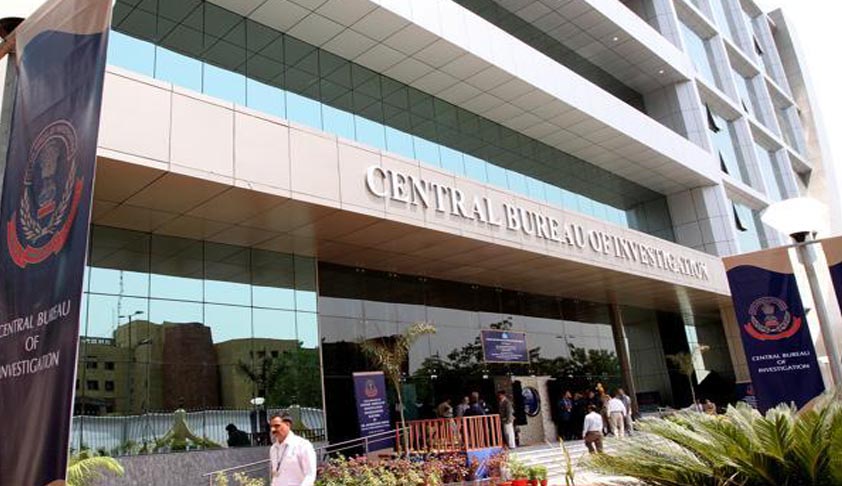END OF CBI ? Guwahati High Court says CBI formation is ultra vires
LIVELAW NEWS NETWORK
7 Nov 2013 1:14 PM IST

Next Story
7 Nov 2013 1:14 PM IST
In a path breaking judgment Gauhati High Court has ruled that the 1963 executive order under which the CBI was formed is unconstitutional, and that an act should have been passed for the purpose.A Division Bench of Justices Iqbal Ahmed Ansari and Indira Shah in Navendra Kumar v. Union of india Writ Appeal ;119/2008 said "The resolution number 4/31/61-T dated 1/4/1963 issued by secretary to...
